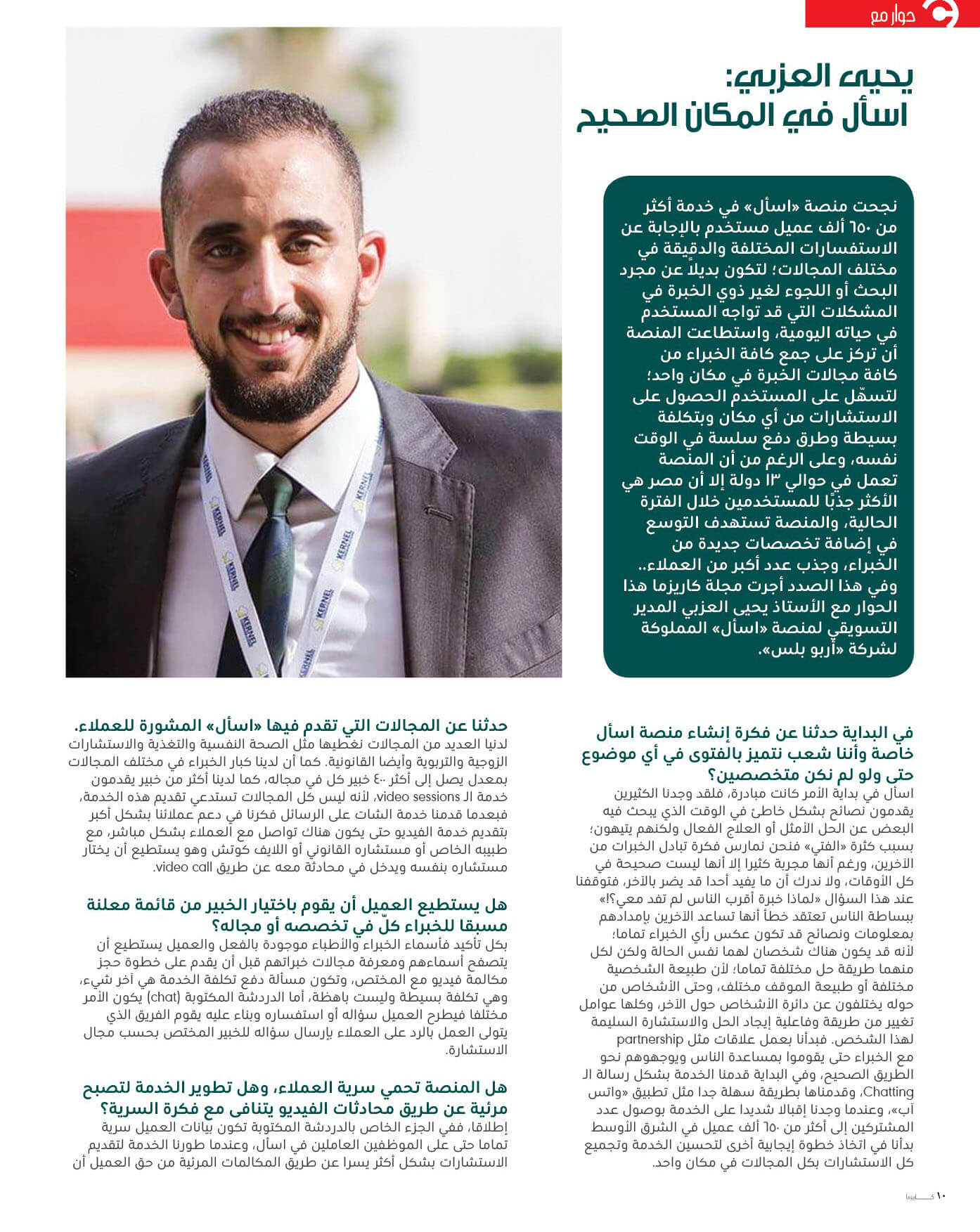
Addressing Problematic Behaviors of Parents and Their Impact on Teachers
The poor treatment of teachers by parents is an important issue that negatively affects the quality of education and the relationship between schools and families. Such behavior creates tension between all parties involved and can have a detrimental impact on the entire educational process.
Key Points Related to This Issue:
Reasons for Poor Treatment:
- Misunderstanding and Unrealistic Expectations: Sometimes, parents have unrealistic expectations of teachers regarding their children's performance. When these expectations are not met, teachers may face unjustified criticism or attacks.
- Media Influence: The media can exaggerate certain educational incidents, creating a negative perception of teachers among parents, leading to inappropriate treatment of educators.
- Life Stress: Parents may experience psychological stress due to personal problems, and sometimes they take out their frustrations on teachers.
Effects of Poor Treatment:
- Psychological Impact on Teachers: Negative interactions can harm teachers' mental well-being, leading to a decline in their professional performance and affecting the quality of education.
- Teacher-Student Relationship: Negative parental intervention can damage the relationship between teachers and students, as students may perceive a lack of respect for their teachers, reducing the effectiveness of the educational process.
- Decline in Academic Performance: Tension between teachers and parents can impact a student’s focus and willingness to learn, resulting in a decline in academic performance.
Solutions for Addressing the Issue:
- Enhancing Communication: There should be open channels of communication between teachers and parents based on transparency and mutual respect. Regular meetings can be held to discuss the student's performance and address problems before they escalate.
- Parental Education: Parents need to be made aware of their vital role in supporting teachers. Cooperation between parents and teachers improves their children's academic performance.
- Managing Expectations: It is crucial for parents to understand the limits and resources available to teachers. Realistic expectations help improve the relationship between the two sides.
- Developing Training Programs:
- For Teachers: Offering training courses that teach teachers how to handle difficult parents and develop conflict management and relationship-building skills.
- For Parents: Organizing workshops that educate parents on how to support the educational process and cooperate with the school.
- Utilizing a Mediator: In cases of repeated or significant disputes between parents and teachers, a neutral mediator like a school counselor or principal can help resolve conflicts while ensuring respect for all parties involved.
- Implementing Clear Policies: Schools should establish clear policies on how parents should interact with teachers, including guidelines for handling negative situations. These policies should be well-known to ensure compliance.
- Establishing a Joint Committee: A committee consisting of representatives from both parents and teachers can be formed to discuss shared issues, providing a collaborative space to address conflicts before they escalate.
- Strengthening the School Community: Building a strong school community involving students, teachers, and parents in decision-making can create a shared sense of responsibility, reducing conflicts.
- Improving Digital Communication Tools: Utilizing digital platforms to facilitate ongoing and effective communication between schools and parents can provide regular updates on student performance and foster constructive dialogue.
- Focusing on Positives: Encouraging parents to communicate with teachers not only when problems arise but also when they notice improvements or positive efforts. This helps build a positive relationship and reduces tension.
- Introducing an "Open School" Approach: Periodically opening the school for parents to observe classes or participate in school activities can help build a better understanding of the teachers' efforts and reduce misunderstandings.
- Continuous Self-Evaluation: Encouraging both teachers and parents to regularly assess their behavior and performance can improve communication and mutual understanding.
- Promoting a Culture of Mutual Respect: Fostering a culture of respect for opinions and respectful interactions between schools and parents can enhance collaboration and reduce conflicts. Schools can organize seminars and workshops emphasizing the importance of respect in the educational process.
Given that the relationship between teachers and parents is a crucial foundation for the success of the educational process, it is essential to build bridges of mutual respect and understanding. This will lead to improved relations, which will positively reflect on students' education. Poor treatment won’t solve issues but rather complicates them, so the focus must remain on cooperation to achieve the best outcomes for students.
Parents and teachers play a vital role in shaping a teenager’s personality and development. Therefore, maintaining a healthy, strong, and harmonious relationship between them is essential. Learn more about how to strengthen this relationship and the right ways to raise your adolescent by booking a session with )Esraa Salah(, a psychologist and the article’s author, easily and securely through Esaal website here: link.




